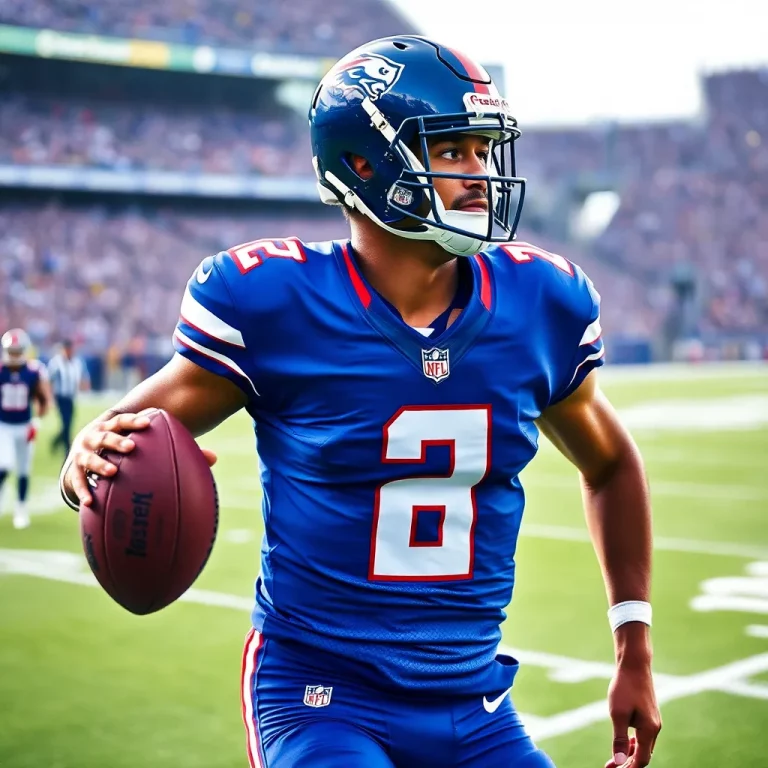NFLPA’s Grievance Result Revealed in Major Arbitration Case
In a significant ruling for the NFL, a recent arbitration decision involving the NFL Players Association (NFLPA) has shed light on the contentious issue of guaranteed contracts. The verdict, issued by Judge Christopher F. Droney, head of the United States Court of Appeals for the Second Circuit, dismissed the NFLPA’s claims that teams and the league colluded to block fully guaranteed contracts for players. The decision was made public after being kept under wraps since January 14.
The NFLPA initially filed the grievance in October 2022, focusing on three quarterbacks: Lamar Jackson, Kyler Murray, and Russell Wilson, but it later broadened its scope to advocate for a total of 594 players. Commissioner Roger Goodell and several team owners testified over a span of ten days, but ultimately, Droney ruled that the evidence did not meet the required standard to prove collusion among the clubs.
Droney noted that while there was encouragement from the NFL Management Council to reduce guarantees in veteran contracts following the Cleveland Browns’ unusual decision to grant quarterback Deshaun Watson a fully guaranteed contract worth $230 million, the evidence did not clearly demonstrate a coordinated effort by the clubs. This finding casts a spotlight on the pressure felt by teams to control contract guarantees amid rising player salaries.
Throughout the arbitration, crucial details emerged, especially regarding the negotiations involving Jackson, Murray, and Wilson. For instance, the Ravens offered Jackson shorter-term contracts that he ultimately turned down. Meanwhile, the struggles about contracts have broader implications. Players and their agents may now question the NFLPA’s handling of the decision and whether it truly represents their interests.
Jackson’s situation, particularly, remains under scrutiny as it was revealed that teams were reluctant to pursue him even when he was made available under a non-exclusive franchise tag. This raises significant queries about the current state of quarterback contracts and the values assigned to veteran players in the league.
As the NFL approaches the next phase of negotiations, this ruling serves as a crucial reminder of the challenges players face in getting fully guaranteed contracts, especially against a backdrop where team strategies can significantly influence contract negotiations across the league.


